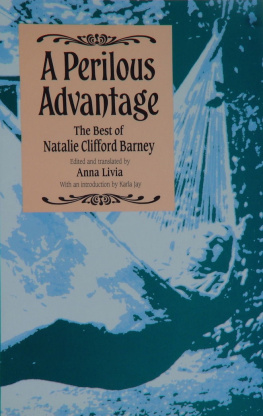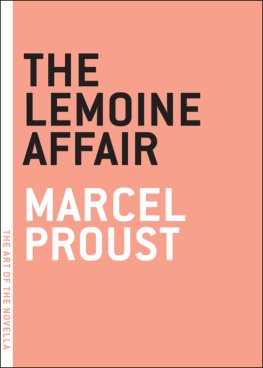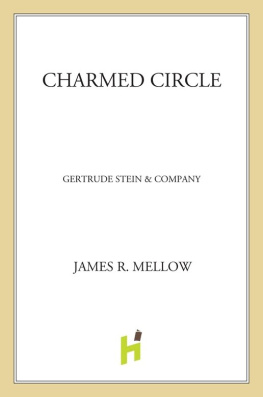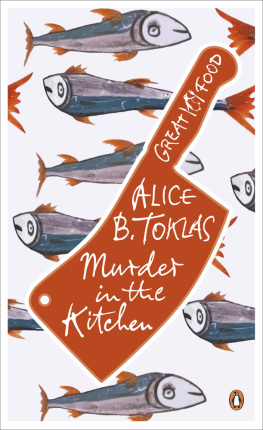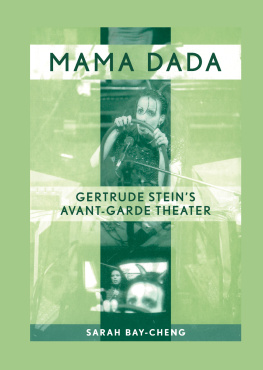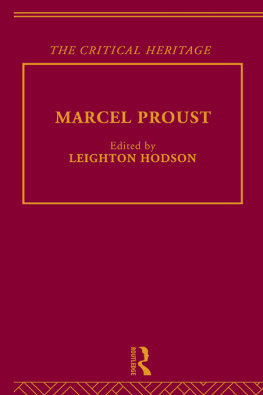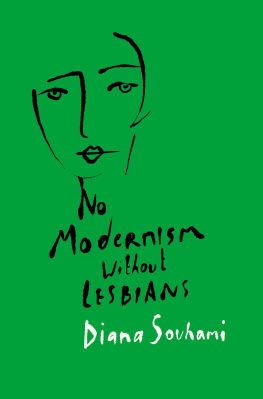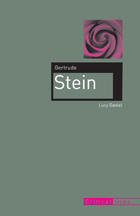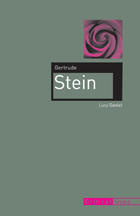A Perilous Advantage
The Best of Natalie Clifford Barney
Edited and Translated by Anna Livia
With an Introduction by Karla Jay
Being other than normal is a perilous advantage.
Natalie Clifford Barney
Foreward to Souvenirs Indiscrets
New Victoria Publishers
Copyright 1992 Anna Livia
Epub Edition 2015
An rights reserved. No part of this publication may be reproduced, stored in a retrieval system, or transmitted, in any form or by any means, digital, electronic, mechanical, photocopying, recording or otherwise, or conveyed via the Internet or a web site without the prior written permission of the publisher, New Victoria Publishers, 7011 S. Pintek Lane, Hereford, AZ 85615.
Cover design Ginger Brown
ISBN 978-0934678384
Library of Congress Cataloging-in-Publication Data
Barney, Natalie Clifford.
A perilous advantage : the best of Natalie Clifford Barney /
edited and translated by Anne Livia ; with an introduction by Karla Jay.
p . cm.
Includes bibliographical references.
ISBN 0-934678-45-6 (hard cover : $19.95. -- ISBN 0-934678-38-3
(paper) : $10.95
1. Barney, Natalie Clifford--Translations into English.
2. Authors. French--20th century--Biography. 3. AmericansFranceParis-
biography. 4. Lesbians--France--Paris--Biography.
1. Title.
PQ3939.B3P45 1992
848' .91409--dc20
[B]
92-1S831
CIP
Acknowledgments
I would like to take this opportunity to thank all those who helped in the production of this edited translation. I am particularly indebted to Franois Chapon of the Bibliothque littraire; Jacques Doucet in Paris for allowing me access to Natalie Barney's unpublished manuscripts and permission to publish the two extracts which appear here for the first time, as well as the quotations used in my article The Trouble with Heroines ; Berthe Cleyrergue for providing the photographs which illustrate the text and for allowing me to interview her; Idit Bires for photographic assistance; Agns Thveniault for a wealth of information and for allowing me to see her collection of first editions; and, finally, Karla Jay for her help, advice, enthusiasm and support.
Contents
Introduction, by Karla Jay
Apology
Dedication
Part One: Natalie and Rene Vivien
Rene Vivien
The Woman Who Lives With Me
Part Two: A Lesbian Point of View
Confidences
Brute!
Courtesan
The Unknown Woman
Breasts
The Climbing Rose
The Sitting Room
Part Three: Natalie on Gay Life Styles
Misunderstanding
Gide and the Others
Illicit Love Defended
Predestined for Free Choice
Part Four: A Fine Spray of Salon Wit
Scatterings
Little Mistresses
Their Lovers
Epigrams
Indiscretions
Alcohol
The Gods
Old Age
Theatre
Literature
Critical Sallies
Part Five: Friends From the Left Bank
The Colette I Knew
Rmy de Gourmont
Gertrude Stein
When Poets Meet
Part Six: Natalie and Anti Semitism
The Trouble with Heroines
An Afterword by Anna Livia
Selected Bibliography
Introduction
by Karla Jay
If I had one ambition it was to make my life itself into a poem.
- Natalie Clifford Barney
Natalie Barney's entire life seems to have been carved of some more dramatic material than most of us have or would choose to have. Barney came from the wealthiest circle of American industrialist families and eventually inherited over four million dollars. (Today, this would equal about a billion dollars.) After her birth on October 31, 1876 in Dayton, Ohio, she grew up in Cincinnati and then in Washington, D.C. and Bar Harbor in select social circles.
Her father, Albert Clifford Barney, lived off the proceeds of a railroad fortune, and her mother, Alice Pike Barney, was also an heiress. Her father was far less devoted to the family than Barney suggests in "Rene Vivien." He seems to have been a self-centered man who had no great interest in either his work or his family. He retired on the fortune made by his ancestors and tended to ignore his wife and two daughters unless they did something that offended his rigid social sensibilities, such as Natalie's lesbian love poems ( Some Portraits and Sonnets of Women ), which his wife had either naively or defiantly illustrated with portraits of some of Natalie's lovers. Then Albert would intervene and assert his patriarchal authority, but generally he was more interested in enjoying himself in London while the rest of his family chose Paris.
Natalie greatly preferred her mother. Alice was an accomplished portrait painter who had studied with Whistler, and she shaped her daughter's devotion to the arts. Though Barney suggests in her memoirs that she was almost obsessively in love with her mother, the images and almost the words for this emotion are borrowed from Proust. Here, for example, is how Barney remembers waiting up for her mother:
Such was the feeling I had for my mother, and when she bent over my bed before she went out to a party, she seemed more beautiful than anything in my dreams; so, instead of going to sleep, I would stay awake, anxiously waiting for her return, for whenever she went away I was afraid something terrible might happen to her. (text p. 4)
In Swann's Way , Marcel's memories of his childhood goodnight kiss seem remarkably similar:
My sole consolation when I went upstairs for the night was that Mamma would come in and kiss me after I was in bed.... I reached the point of hoping that this good night which I loved so much would come as late as possible, so as to prolong the time of respite during which Mamma would not yet have appeared. (Proust 13-14)
Perhaps, Oedipal/Electra devotion to one's mother was a proper sentiment at the turn of the century, but certainly, in a book written for the French public, quite familiar with Prousts famous remembrance of childhood, Natalie's (re)construction of her own earlier years would strike a resonant chord. It might also make her forthcoming confession of lesbianism easier to understand for a public well-versed in Freud (even though, as we shall see, Barney considered herself to be "naturally unnatural"). By evoking a cultural icon of Oedipal obsession, she attempts to make even a hostile reader accept the fact that she "learned to love our neighbor" in ways the Bible doesn't address, and the reader is not surprised when young Natalie's adoration of her mother is transformed into crushes on her mother's models during Natalie's adolescence in Washington and Paris.
The only oddity that emerges in retrospect about Natalie's childhood is that her adoring mother, who had both daughters educated by a French governess and then sent Natalie to a select boarding school, Les Ruches, never seems to have encouraged Natalie to go to college at a time when higher education was becoming popular for the daughters of the rich. Nor did it occur to Natalie to go, even though her best friend, Evalina Palmer, attended Bryn Mawr. We might assume that both mother and daughter shared a disdain for rigid and traditional academic endeavors, and both preferred to remain in Paris to pursue an artistic and romantic life.

